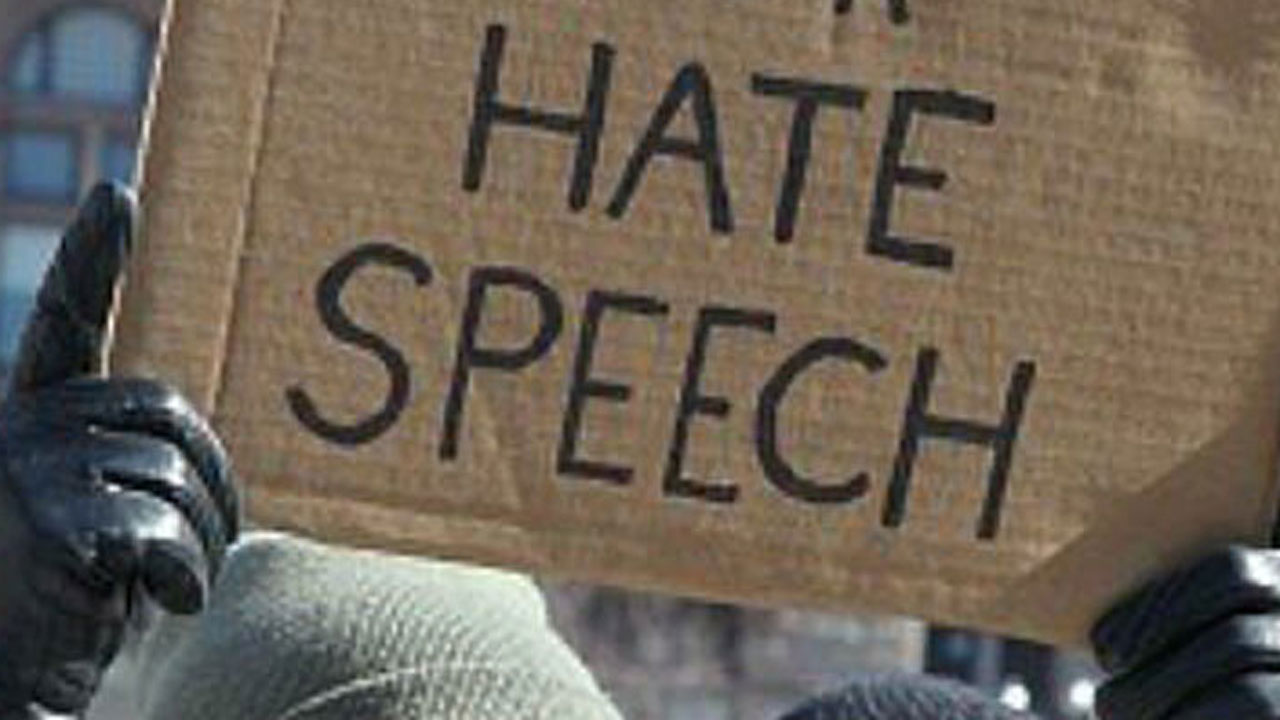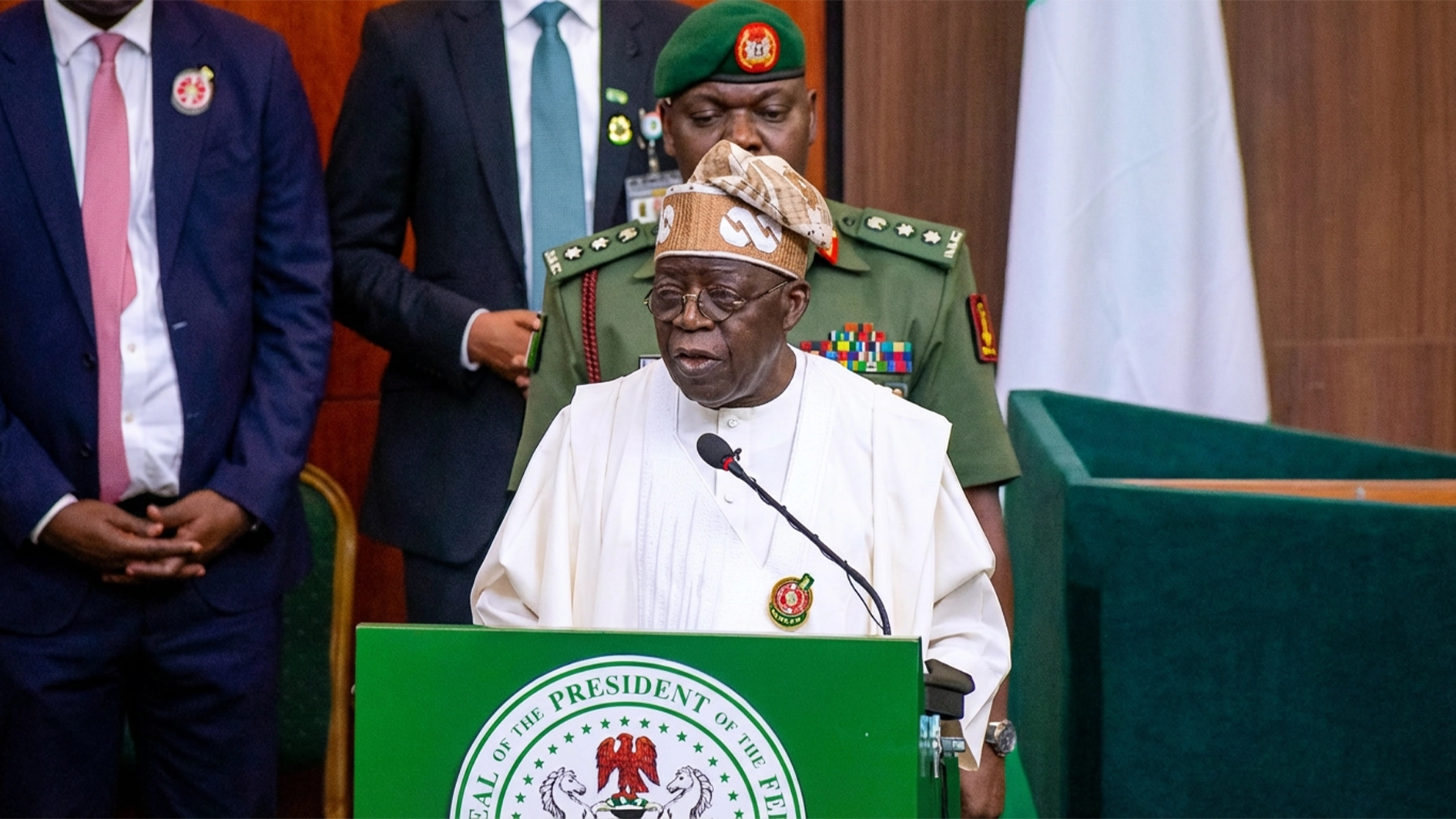
Oliver Wendell Holmes Jr. argued for limitations on free speech in the face of imminent lawless actions. He introduced a qualification to the absolute right to freedom. This doctrine, known as the “clear and present danger” test, aimed to balance individual liberty with societal safety. Holmes argued that certain expressions, under specific circumstances, could incite lawless action, necessitating their suppression. By establishing this precedent, Holmes inadvertently provided a blueprint for those who would later seek to exploit such exceptions for purposes of censorship.
History is filled with examples of despots silencing critics. The 20th century saw this play out tragically across Europe. Stalin’s gulag wasn’t just a prison; it was a graveyard of ideas. Language became a weapon, thought a crime. Totalitarian regimes thrived by suppressing dissent. The Nazi burning of books deemed “un-German” exemplifies this censorship mentality.
Today, the battleground has shifted to the digital domain. The internet has provided an arena for the amplification of both the best and worst of humanity. It has connected us across borders, fostering a global conversation. But in the present, it has become a breeding ground for hate, a digital sewer where the vilest of ideas can spread almost unchecked.
The proponents of a controlled internet highway would have us believe that the internet is a cesspool of misinformation, a breeding ground for hate. In their zeal to cleanse this supposed moral cesspit, they advocate for a sterile online environment, a sanitised realm where only approved narratives can survive. It is a vision of the internet as a sterile laboratory, devoid of the messy, unpredictable, and often chaotic nature of human interaction.
On the other side of the argument are those calling for free expression of all views, including hate speech and vitriol, which they claim serves as a digital catharsis preventing real-world violence. While this view is a dangerous oversimplification, that appears to offer a theoretical release valve for societal pressures, it carries significant risks and challenges.
This insidious notion that allowing the free flow of venom online will somehow immunise our society against real-world malice is misguided. It is an abdication of intellectual responsibility. To imagine that a digital sewer can cleanse the soul of our society is to mistake a cesspool for a spa.
If we nurture an ecosystem where prejudice finds sanctuary and grows exponentially, we breed a generation of intolerant bigots. Hate speech can only be tamed by the responsible use of our freedom, not censorship.
Since 2015, the digital spaces in our country have transformed into a breeding ground for hate speeches cloaked in the guise of passionate critique. It’s as if we’ve traded our sense of community for a collective psychosis. We’ve become a nation of keyboard warriors, determined to unearth old bitterness, inflict fresh pains, and ensure a limitless supply of bile. We hurl insults like stones, regardless of the damage they inflict. And the worst part? We’re addicted to the drama. We crave the outrage, the likes, and the shares. We’ve become spectators in a digital Colosseum, cheering as our society implodes.
Some people have defended this carnage as freedom of expression. But it is good that we remind ourselves that our history is stained with the blood of hate. From the civil war to the religious and communal clashes that continue to scar our land, the consequences of unchecked hate are all too clear. While we believe that the right to express one’s views is undeniably crucial to a healthy democracy, that right in itself is not absolute.
It is said that the right to swing a fist ends where my nose begins. Likewise, the right to spew venom, whether online or offline, ends where my dignity starts. There is a difference between a robust debate and the propagation of malice. The former is essential to a healthy democracy; the latter threatens its very foundations.
Between unfettered speech and the suffocating grip of censorship lies a slippery path we must tread with courage and finesse. We must not only resist the idea of absolute freedom, we must shun the scourge of censorship. To survive and thrive as a nation, we must build a digital and physical space where ideas can contend without descending into vitriol and where dissent is accommodated rather than feared.
A society that fears the clash of ideas is a society in decline. A nation that stifles dissent risks intellectual atrophy; one that tolerates hatred courts its destruction. Democracy is not measured by the absence of discord, but by the civility with which we disagree.
Reverend Father Nkadi, O.P. wrote from Obosi. He can be reached via: [email protected]






